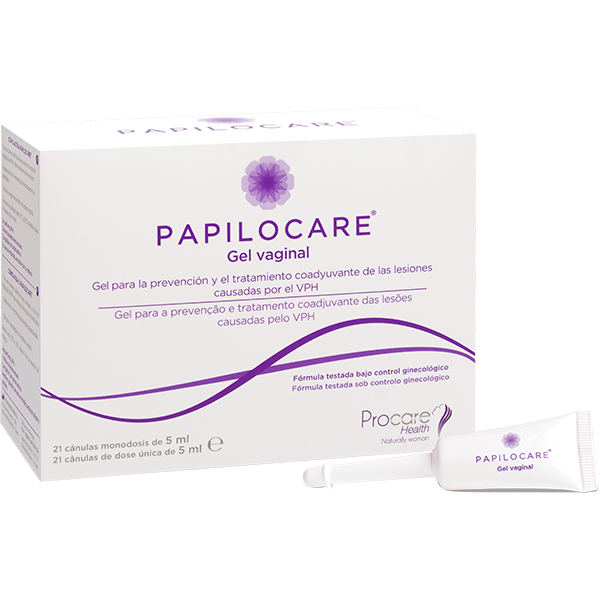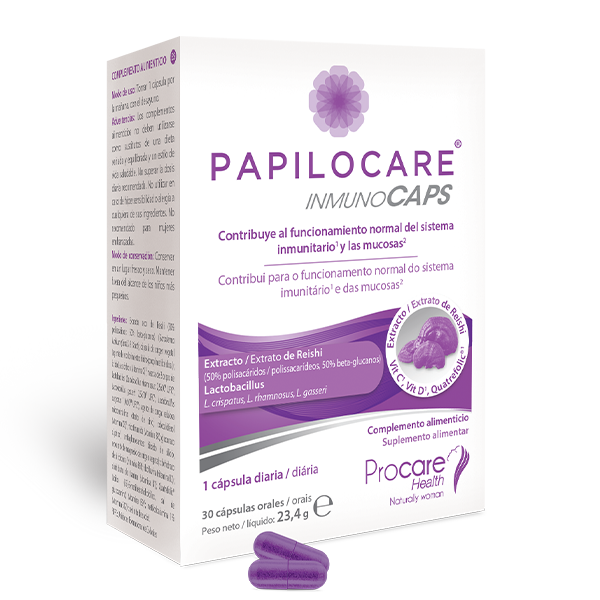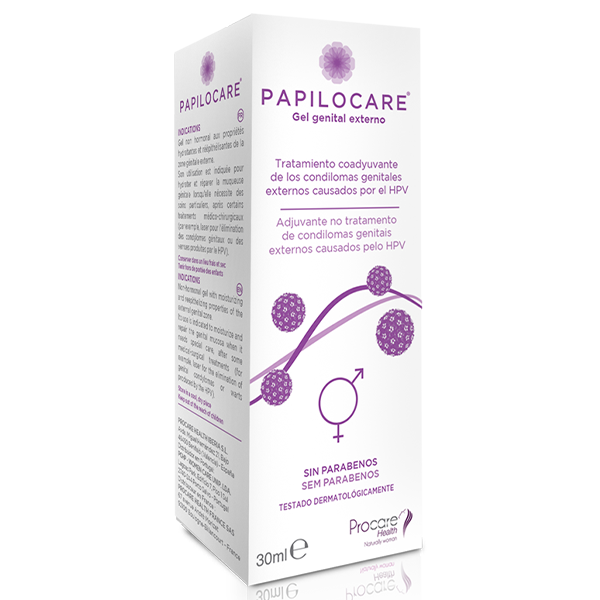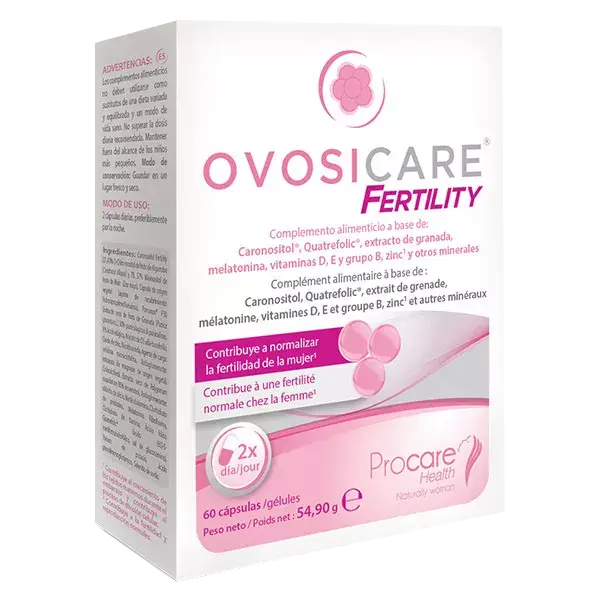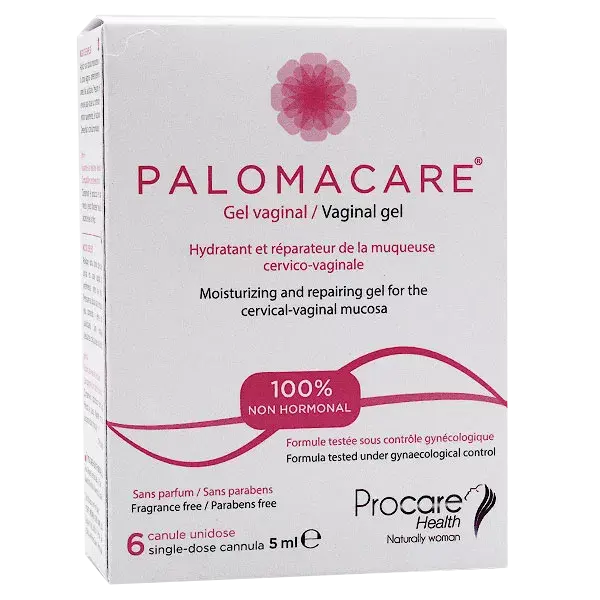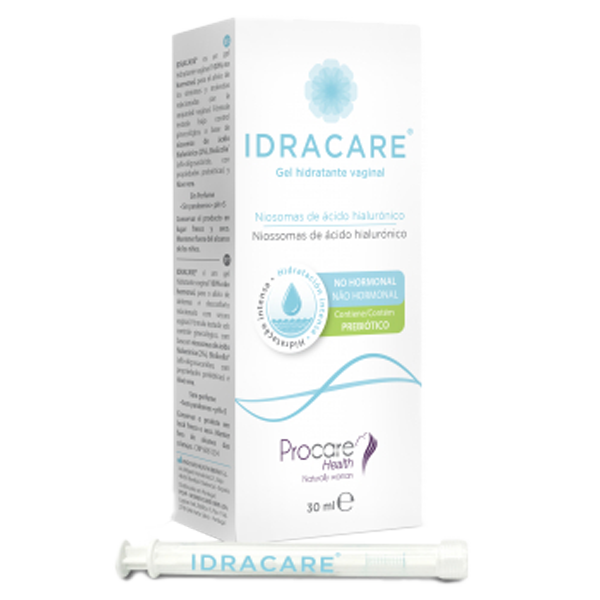Trying to get pregnant with PCOS? The latest science on fertility supplements

If you have PCOS, getting pregnant can be a challenge. In this blog we discuss the condition and its effects on fertility. We also reveal the latest research findings about the most effective ratio of myo- and D-chiro-inositols in a supplement to support fertility.
What is PCOS?
Polycystic ovary syndrome (PCOS) is a common condition that affects how your ovaries work and is thought to affect 1 in 10 women in the UK.
Women with PCOS can have:
- irregular periods, which means your ovaries do not regularly release eggs (you don’t regularly ovulate)
- high levels of ‘male’ hormones
- many fluid-filled sacs around the eggs in your ovaries (known as polycystic ovaries).
If you have two or all of these features you may be diagnosed with PCOS.
What are the symptoms of PCOS?
Symptoms can include:
- irregular or no periods
- excess hair, usually on the face, chest, back and buttocks
- weight gain
- hair loss or thinning hair
- acne.
Symptoms usually develop in your late teens or early 20s, and you may have all or only some of them. Some women with PCOS have no symptoms at all.
How does PCOS affect fertility?
PCOS is one of the most common causes of female infertility. In women of reproductive age, the ovaries release an egg into the womb about once a month (ovulation). With PCOS, your ovaries do not regularly release eggs, which means it can be difficult to get pregnant.
What role do hormones play in PCOS?
While we don’t know what causes PCOS, many women with the condition have abnormal hormone levels, including high levels of insulin in the body.
Normally, the level of insulin in your body rises briefly after you eat. It stimulates the liver and muscles to take up sugar from the blood, which your body can then use as energy.
If you have PCOS you may have insulin resistance, which means the body doesn’t react as it should to insulin. This can cause the body to produce more insulin to compensate.
High insulin can affect the way your ovaries work. It can harm your body’s ability to produce eggs (ovulation) and can cause your ovaries to produce too much of the male hormone testosterone.
How is insulin resistance treated in people with PCOS?
Losing weight can be one way to improve how your body uses insulin. Your doctor may suggest a diabetes medicine called Metformin, which improves your body’s sensitivity to insulin.
From the early 2000s, inositols were introduced as a key treatment option, with far fewer side effects than Metformin.
What are inositols and how do they help fertility?
Inositols are types of sugars that, in certain forms, help regulate hormones and insulin. Inositol comes in nine forms – the two most common provided as supplements are myo-inositol and D-chiro-inositol.
In women with PCOS, myo inositol and D-chiro inositol have been shown to improve fertility in a number of ways. They work to:
- reduce insulin resistance
- balance testosterone levels
- improve how regularly women ovulate
- improve egg quality.
What does the latest research say?
Scientists have recently made an important discovery. Studies have shown that giving these inositols together at the precise dose of 3.6:1 is far more successful at supporting fertility than the traditional inositols mix of 40:1. In a clinical study of women with polycystic ovary syndrome (PCOS), this ratio of inositols significantly increased the pregnancy and births rates compared to the 40:1 combination.
Read the summary of the clinical trial.
Scientists have challenged the assumption that the optimal ratio of myo-inositol to D-chiro-inositol is the same as what is seen in the bloodstream. They tested many ratios and found that the 3.6:1 ratio gives the best result in terms of fertility.
Introducing Ovosicare®, a unique fertility supplement
Ovosicare® Fertility is the only supplement to include this scientifically-proven inositol ratio.
Ovosicare® Fertility is an all-in-one supplement with a unique, patented ratio of myo-inositol to D-chiro-inositol (3.6:1), antioxidants, folic acid, vitamins and minerals, all of which are necessary to prepare for pregnancy. Other powerful ingredients include:
- Pomanox®, an extract of fresh pomegranate, which is a compound of polyphenols and vitamin C and has a strong antioxidative effect. Ovosicare® is the only fertility supplement containing Pomanox®.
- Quatrefolic®: an active form of folic acid. Folic acid is critical for eggs to implant and to prevent potential birth defects and has to be converted into an active form known as 5-MTHF in the body. However, more than a third of women in Europe cannot process folic acid into the active form, and therefore folic acid supplements don’t work for them. Quatrefolic is already in the active form and is one of the key ingredients of Ovosicare ® Fertility. Many other supplements do not contain the active form of folic acid.
How does Ovosicare® Fertility work?
Ovosicare® Fertility works in the following ways:
- It helps to regulate a woman’s hormones, improving the quality of developing eggs (oocytes) and their regular release (ovulation)
- It prepares a woman’s body for pregnancy with essential vitamins and minerals
- It prevents damage to cells through the action of powerful antioxidants.
Does Ovosicare® use natural ingredients?
Yes, all the key ingredients in Ovosicare® Fertility are from natural sources.
- D-chiro inositol. The D-chiro-inositol in Ovosicare® is an extract from carob, a common legume plant that grows in the Southern Mediterranean and North Africa. Its fruits (peas) have been used as a natural aid to fertility for centuries.
- Pomanox®. The active ingredients in pomegranate that support fertility are polyphenols and flavonoids. These are found mainly in the skin of the fruit but only in small amounts in pomegranate juice. You would have to drink litres of juice to get the beneficial effects. Pomanox in Ovosicare® is an extract of the active ingredients in the skin of the fruit.
Ovosicare® is available to buy on LivBio.co.uk
Ovosicare® Fertility is a tool to better prepare the body for pregnancy but it is not a medicine to make pregnancy happen. The NHS suggests seeing your GP if you have not become pregnant after a year of trying, or sooner if you are over 36 or are already aware you have fertility problems.
REFERENCES
- Azziz, R., et al. "Polycystic ovary syndrome". Nature reviews disease prime 2016; 2(16057):1-18.
- Norman, RJ., et al. "Polycystic ovary syndrome." Lancet 2007; 370(9588): 685-97.
- Zhao et al. Reproductive Health, 2021; 18:171.
- Colazingari, Sandra, et al. "Archives of Gynecology and Obstetrics 288 (2013): 1405-1411
- Mendoza N, et al. Gynecological Endocrinology, 2020, 36:5, 398-401.
- Mendoza N, et al. Gynecol Endocrinol. 2019 Aug;35(8):695-700.
- Azziz, R., et al. "Polycystic ovary syndrome". Nature reviews disease prime 2016; 2(16057):1-18.
- Norman, RJ., et al. "Polycystic ovary syndrome." Lancet 2007; 370(9588): 685-97.
- Zhao et al. Reproductive Health, 2021; 18:171.
- Colazingari, Sandra, et al. "Archives of Gynecology and Obstetrics 288 (2013): 1405-1411
- Mendoza N, et al. Gynecological Endocrinology, 2020, 36:5, 398-401.
- Mendoza N, et al. Gynecol Endocrinol. 2019 Aug;35(8):695-700.
Recent Posts
D-chiro inositol, an important new supplement for fertility
How to choose the best fertility supplement if you have PCOS
What is the best supplement to take for HPV?
Categories
Disclaimer: Information on this website is provided for informational purposes only and not intended as a substitute for the advice provided by your physician or other healthcare professional. You should not use the information on this website for diagnosing or treating a health problem or disease, or prescribing any medication or other treatment. For medical advice, diagnosis and prescription, please consult a healthcare professional. More Information >
Disclaimer: Information on this website is provided for informational purposes only and not intended as a substitute for the advice provided by your physician or other healthcare professional. You should not use the information on this website for diagnosing or treating a health problem or disease, or prescribing any medication or other treatment. For medical advice, diagnosis and prescription, please consult a healthcare professional.
© LivBio Limited 2024 All Rights Reserved.
